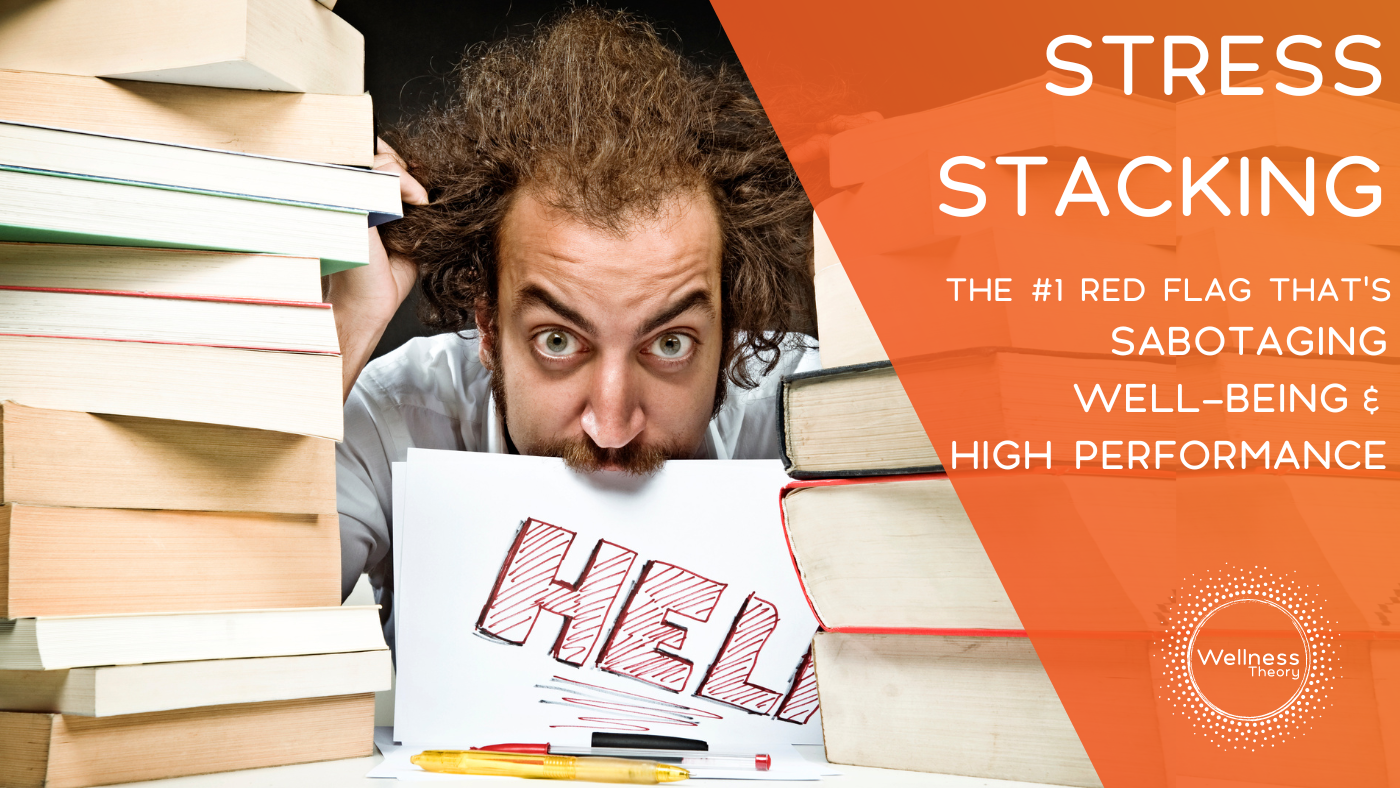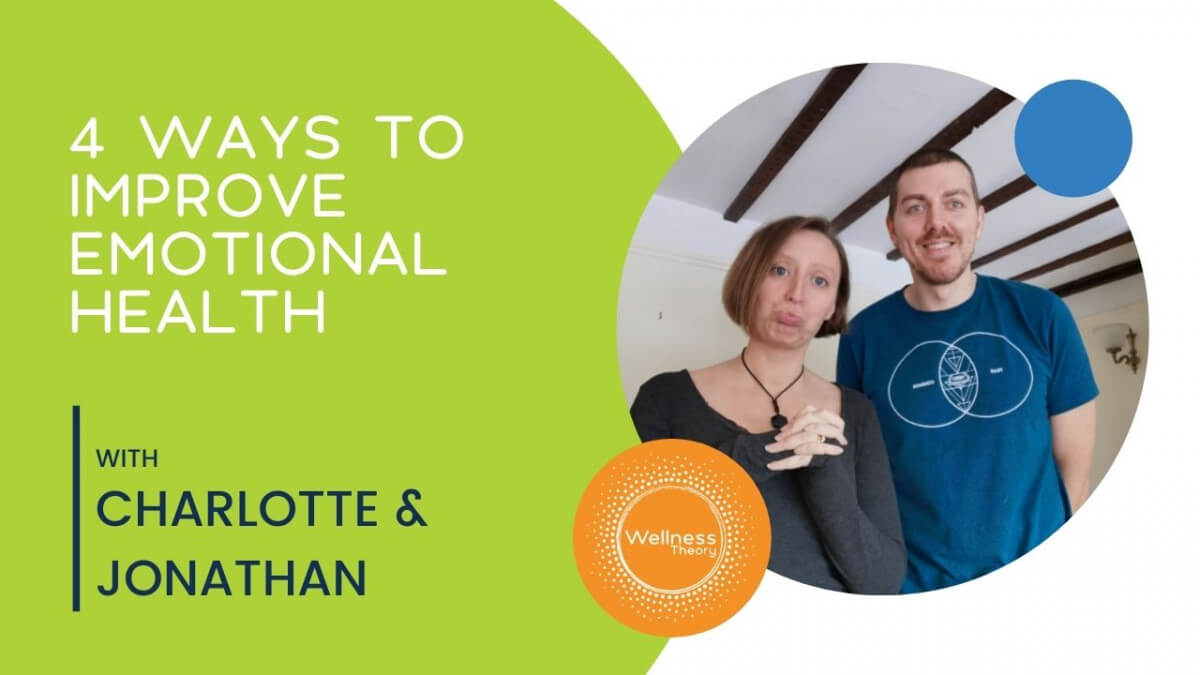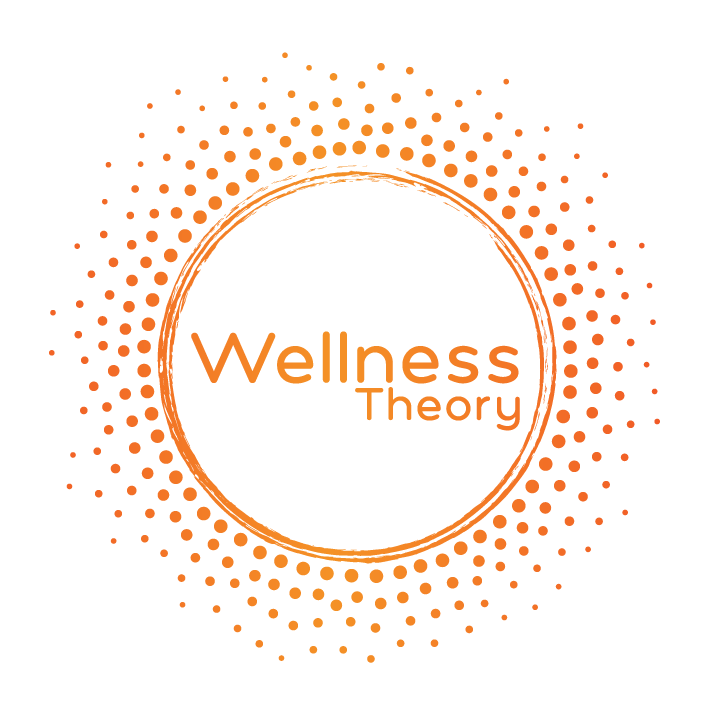I promise you, when you adopt these ideas and practices - your life will change significantly.
You’ll feel lighter in your body. Your confidence will grow. You’ll experience more joy and goodness in your life.
And you’ll be calling the shots in your life instead of falling victim to how you feel.
1) Accept you're human and you have emotions
It’s surprisingly common for people to deny how they feel.
They think they 'should' or 'shouldn’t' feel something based on society standards, so they bury their feelings. Or even worse, judge them.
It’s OK to feel anything you’re feeling. Your feelings are valid.
Accepting you’re human and knowing it’s in our nature to feel the full spectrum of human emotion is a healthy start.
2) Acknowledge Emotions and/or Sensations
Acknowledging what we are feeling is the easiest way to prevent emotional suffering. When we acknowledge the resistance stops.
Becoming aware our feelings, improving our ability to pinpoint them. Learning to witness them and describe them will help you resolve them in a healthy way.
It can be hard for some people to label feelings such as fear, hurt, guilt, shame.
In this case, acknowledge the sensation instead. For example, butterflies in the tummy or heart pounding.
Practicing to label emotions helps to become emotionally literate and will make the letting go process even easier.
3) Learn From It
Ask yourself: What can I learn about yourself, from this feeling which will help me now and in the future?
This learning will allow the energy to pass. The emotion will have served it’s purpose after the learning is in your awareness.
Remember emotions are clues. They are signalling to us, what is good or not, and it can serve as our internal guidance system when we listen.
Always express gratitude for what you learn.
4) Let it go
Imagine you’ve been holding onto a rope tightly and then you suddenly let it go, you’ll feel a release in your hand. That’s what you need to do here with emotions you wish to let go of.
When you let go the energy dissipates and a sense of freedom is created inside - ready to receive emotions which do serve you.
A helpful way to let go of emotions is to breathe it out.
You can use this breathing sequence*:
Inhale 5 seconds + Hold 20 seconds + Exhale 10 seconds
Repeat until the sensation/emotion disappears
*You can also use this breath if ever you feel overwhelmed, this will bring you back to a resourceful state.
The more you practice these 4 steps, the easier and faster it will be to process your emotions. Your emotional health will improve significantly.







